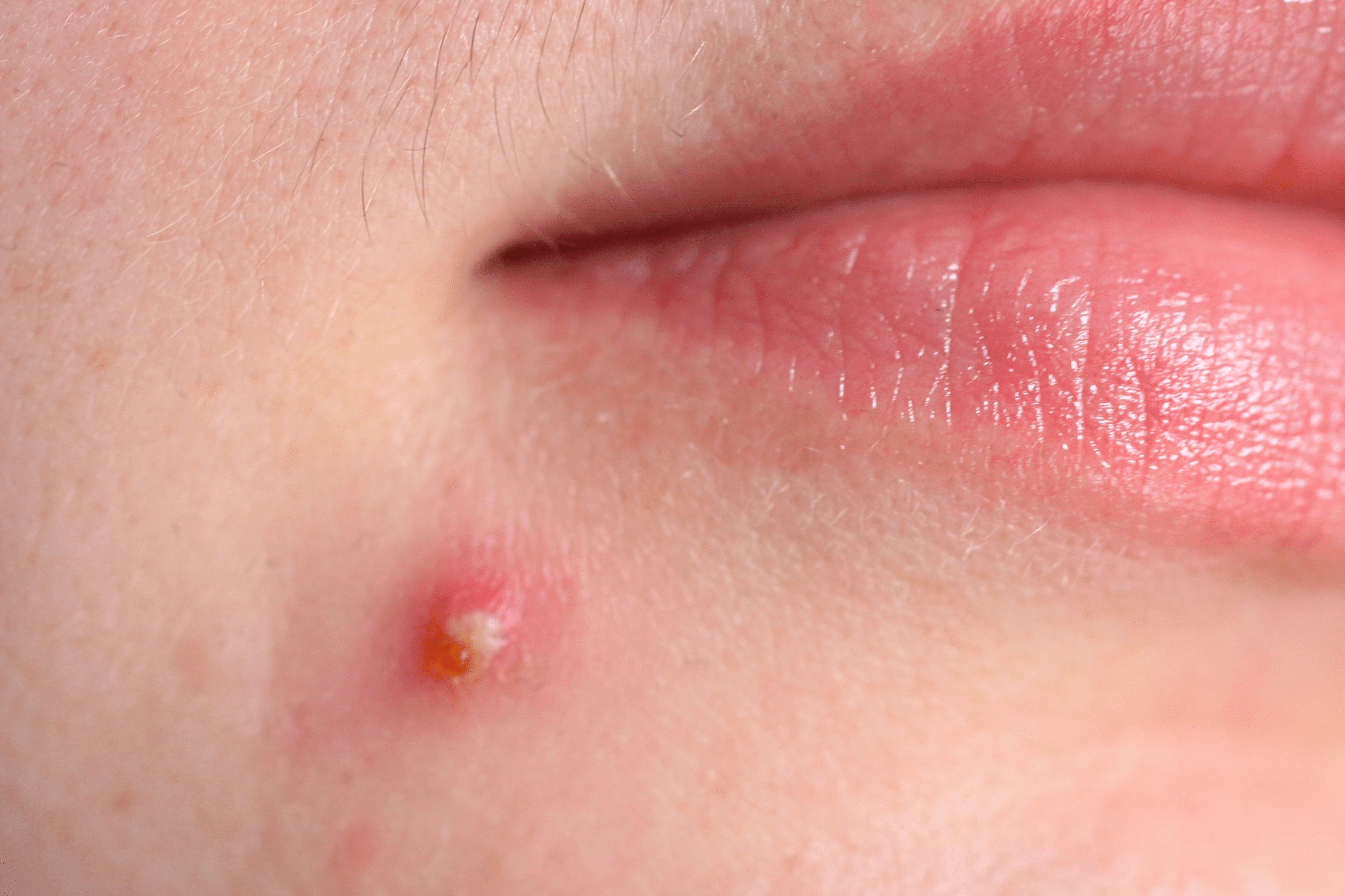Dealing with Adult Acne: Causes, Treatments, and Tips for Clear Skin
Let’s be real—dealing with acne as an adult can feel unfair. After all, wasn’t this supposed to end with high school? Yet, millions of adults, especially women, struggle with breakouts well into their 20s, 30s, and beyond. Whether it’s persistent pimples, painful cysts, or stubborn blackheads, adult acne can take a toll on your confidence and leave you wondering, “Why me?”
The good news? You’re not alone, and there are effective solutions. At Summit Dermatology, we’ve helped countless people take control of their skin, and we’re here to guide you, too. In this blog, we’ll explore what causes adult acne, the best treatments available, and tips for clearer, healthier skin.
Why Am I Still Getting Acne as an Adult?
If you’re still dealing with acne, know this: It’s not your fault. Adult acne is incredibly common, and it’s usually caused by factors out of your control. Let’s break it down:
1. Hormonal Changes (The Usual Suspect)
Hormones play a huge role in adult acne, especially for women. Fluctuations during your menstrual cycle, pregnancy, or menopause can lead to overproduction of oil (sebum) and clogged pores. Conditions like Polycystic Ovary Syndrome (PCOS) can make this even worse. Hormonal acne often pops up along the jawline, chin, and neck—sound familiar?
Source: Journal of the American Academy of Dermatology
2. Stress (Your Skin Feels It, Too)
Ever notice your skin flaring up before a big presentation or during a stressful week? That’s not a coincidence. Stress increases cortisol, which can trigger inflammation and excess oil production, setting the stage for breakouts.
Source: The Journal of Clinical Endocrinology & Metabolism
3. Your Diet (Yes, It Matters)
What you eat can impact your skin. Foods high in sugar and refined carbs (like white brad and soda) spike your blood sugar and insulin levels, which can lead to breakouts. Dairy, especially skim milk, has also been linked to acne.
Source: Advances in Dermatology and Allergology
4. Skincare or Makeup Mishaps
Using products that aren’t labeled “non-comedogenic” (pore-clogging) can contribute to acne. Over-exfoliating or using harsh cleansers can also irritate your skin and make things worse.
5. Genetics
Sometimes, it’s just in your DNA. If your parents had adult acne, you’re more likely to experience it, too
How to Treat Adult Acne
The good news? You don’t have to live with acne. With the right treatments, you can achieve clear, healthy skin. Here’s what works:
1. Over-the-Counter Solutions
Benzoyl Peroxide: Kills acne-causing bacteria and reduces inflammation.
Salicylic Acid: Gently exfoliates to unclog pores and reduce breakouts.
Adapalene (Differin): A powerful retinoid that boosts cell turnover and prevents clogged pores.
2. Prescription Medications
If OTC products aren’t enough, a dermatologist can help with:
Topical Retinoids (Tretinoin): Stronger than OTC retinoids, these are great for persistent acne.
Antibiotics: Reduce inflammation and bacteria, typically used short-term.
Hormonal Therapy: Birth control pills or spironolactone can regulate hormones and are especially effective for women with hormonal acne.
Source: American Journal of Obstetrics & Gynecology
3. In-Office Treatments
Chemical Peels: These exfoliate your skin and improve texture, reducing both acne and scars.
Laser and Light Therapy: Targets acne-causing bacteria and reduces oil production.
Cortisone Injections: Provide instant relief for painful cystic acne.
4. Lifestyle Changes
Stick to a gentle skincare routine with non-comedogenic products.
Avoid touching your face—your hands carry bacteria!
Manage stress with relaxation techniques like yoga, meditation, or exercise.
Eat a balanced diet and consider cutting back on sugar and dairy to see if it helps.
What to Expect:
Progress Takes Time
One of the most important things to remember is that acne treatments don’t work overnight. Most options, whether topical or oral, take about 6–8 weeks to show significant results. Stick with it, and don’t hesitate to follow up with your dermatologist if you’re not seeing improvement.
FAQs About Adult Acne
Q: Will I ever outgrow acne?
A: While some people see their acne improve with age, others may need ongoing maintenance treatments. The key is finding a routine that works for your skin and sticking to it.
Q: Should I avoid makeup if I have acne?
A: You don’t have to give up makeup! Just make sure to use non-comedogenic products and wash your face thoroughly every night.
Q: Can stress alone cause acne?
A: Stress can worsen acne but usually isn’t the sole cause. It’s more of a contributing factor.
Q: Are natural remedies effective?
A: Some natural ingredients, like tea tree oil or aloe vera, may help mild acne, but they’re not as effective as clinically proven treatments.
Why Choose Summit Dermatology for Adult Acne Care?
At Summit Dermatology, we know how frustrating adult acne can be. That’s why we’re committed to helping you find a solution that works for your unique skin. Here’s why our patients trust us:
Expert Care: Mariana, our board-certified provider, brings years of experience treating all types of acne.
Customized Treatments: No two people are alike, and neither are their acne solutions. We’ll create a plan tailored just for you.
Cutting-Edge Options: From chemical peels to laser therapy, we offer advanced treatments to help you achieve clear skin.
Holistic Support: We don’t just treat your acne—we help you understand the root causes and make lifestyle changes for long-term results.
Take the First Step Toward Clear Skin
Dealing with adult acne doesn’t have to be a constant battle. With the right care and guidance, clear, confident skin is within reach. Let Summit Dermatology in Medford, OR, be your partner in achieving the skin you deserve. Contact us today to schedule a consultation—we can’t wait to help you on your journey!
References
Journal of the American Academy of Dermatology
The Journal of Clinical Endocrinology & Metabolism
Advances in Dermatology and Allergology
American Journal of Obstetrics & Gynecology




